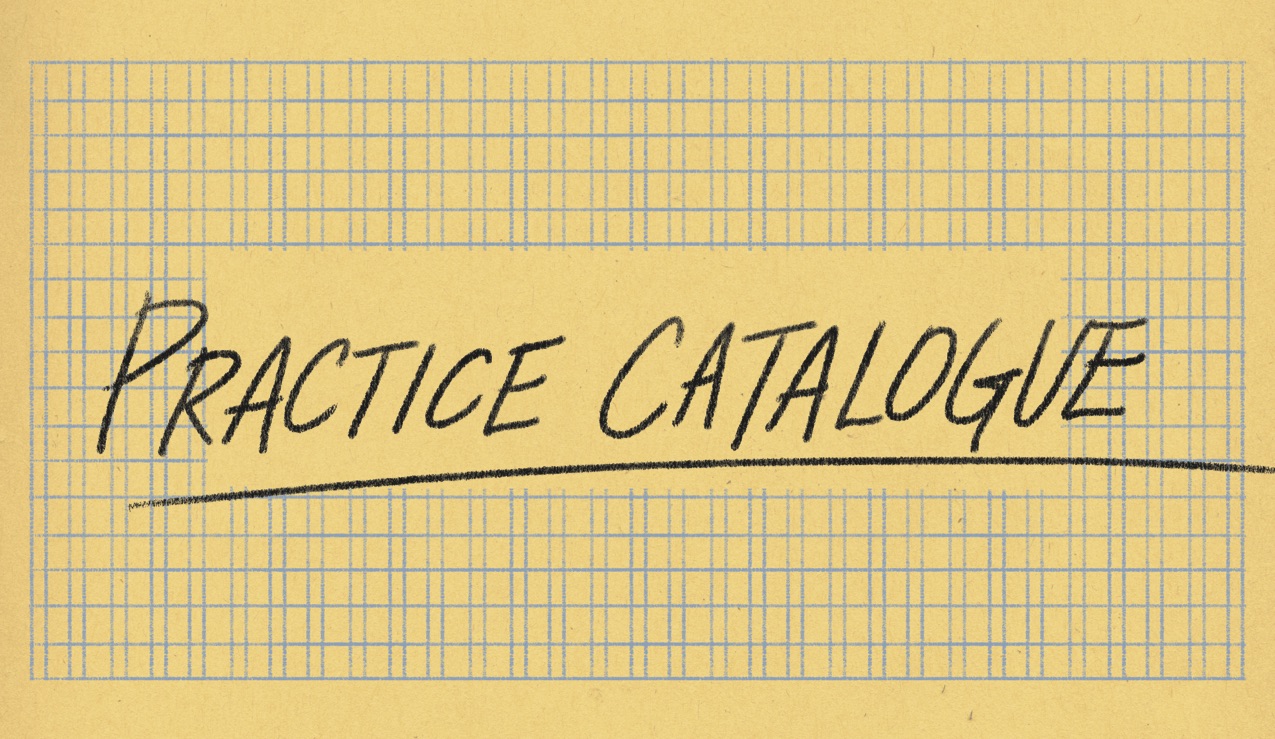Justin Boening on Purity
Jorie Graham was an early craze of mine, though I rarely understood her. What I didn’t understand, however, I could often imagine, sense. There’s a fluorescent attention in her parenthetical focus, a confidence in her restlessness. Even when I was unclear about what was happening in Graham’s poems, I was usually certain of their clarity.
I read Graham less often these days, though a number of her poems still stick to my ribs. “Prayer,” the first poem in Never, is one poem I continue to carry with me. It begins with a speaker leaning over a dock, watching minnows, thousands of them, as they swirl through the water. The speaker’s vision expands incrementally—from the minnow, to the minnow’s school, then to the currents that envelope the school, et cetera—until what she sees begins to encompass the invisible.
That’s when the poem really takes off. The opening twelve-line-long sentence, which is almost entirely descriptive, gives way to a series of clipped authoritative declarations: “This is the force of faith. Nobody gets / what they want. Never again are you the same. The longing / is to be pure. What you get is to be changed.”
I see these lines quoted over and over again on my social media feeds. And for good reason. It’s an astonishing turn—memorable, assured, wise—and yet, as is seemingly the case with most hard-fought wisdom, these lines, however striking and incontestable, are precedented.
Notice, for example, how closely Graham’s “Prayer” cleaves to James Tate’s “Consumed,” from The Oblivion Ha-ha: “Nobody gets what he // wants”; “never again are you // the same”; “the longing to be pure // is over.”
Admittedly, I was stunned when I discovered these echoes. Graham’s “Prayer” had always felt so uniquely her own, so inventive, “authentic” even. I was more shocked when a friend, Noah Baldino, directed me toward another Tate poem, “The Whole World’s Sadly Talking to Itself—W.B.Yeats,” from which Graham’s poem (unattributably) lifts.
Some—like Ira Lightman, perhaps—may condemn Graham, believing she stole this poem, plagiarized it. Others may feel less indignant, though no less disenchanted, suspecting Graham uncovered the poem with too little lifting of her own. How do we understand the imperative that our words be our own, when, in an enduring sense, they never are? When we give up on the directive to conjure some pure, unprecedented truth, is there a nourishment or consolation in the vision pre-existent, foreordained, within language—itself the accumulation of imaginative acts (Emerson: “Every word was once a poem”)? What is there to gain by judging a poem that resonates as more than our own—polyvocal, in cahoots, wiser than us—to be evidence not of its exhaustion but instead of its vitality?
